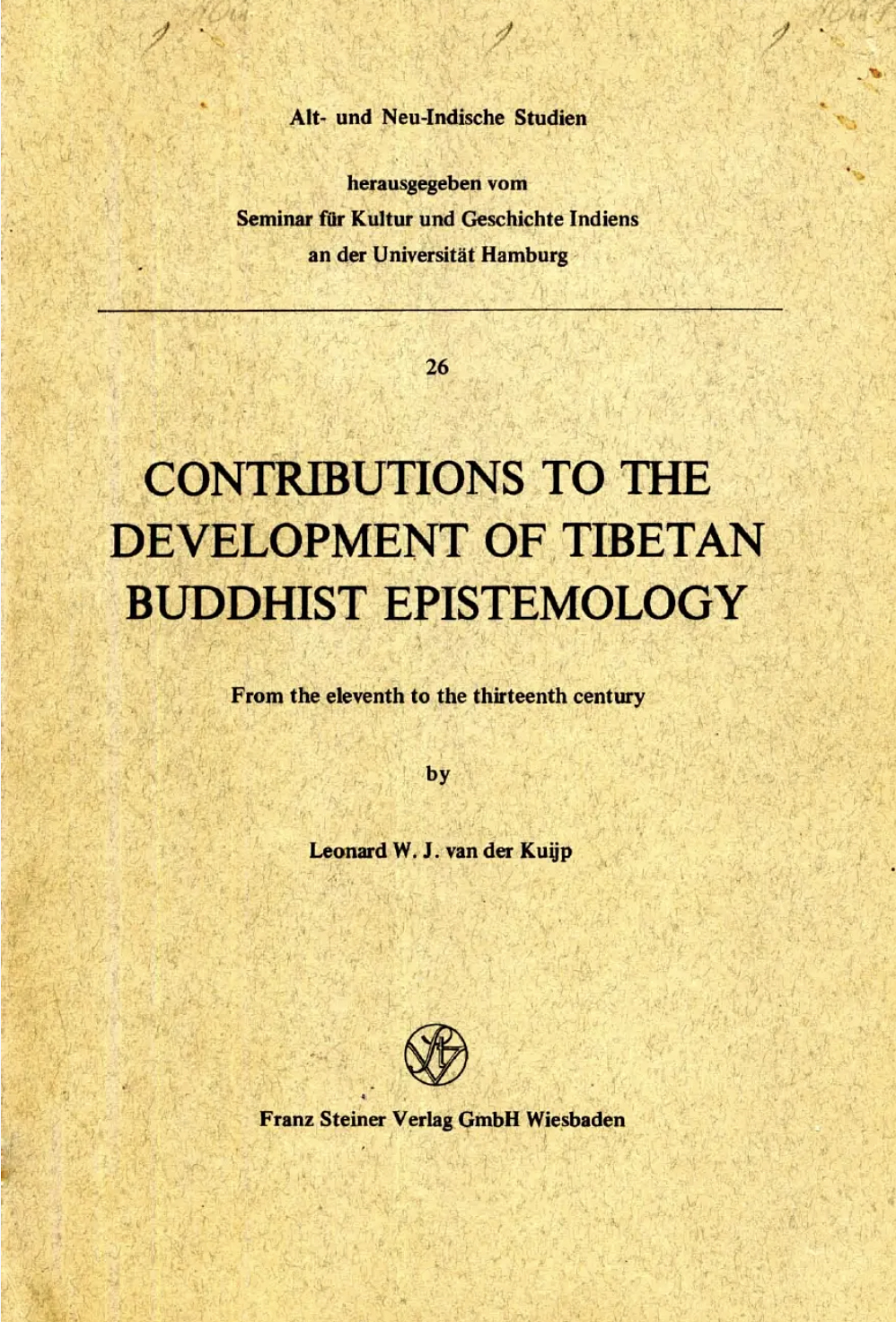It is impossible to identify one person who is supposed to be the “father” or “mother” of philosophy, but Thales, Socrates, Plato, Aristotle, Confucius and Lao Zi might be considered influential figures within their respective traditions. The question is even more difficult where the mothers of philosophy are concerned, but one could name Diotima of Mantinea, Aspasia of Miletus, Hypatia of Alexandria and Ban Zhao as important female philosophers of the ancient world.
If you like reading about philosophy, here’s a free, weekly newsletter with articles just like this one: Send it to me!
Who is the father of philosophy?
It is impossible to identify one person who is supposed to be the “father” or “mother” of philosophy. Skills like philosophy, writing or art developed independently many times over the course of human history. And one could argue that even a child that asks, for example, “why is it wrong to steal something?” is actually doing philosophy by asking one of the timeless philosophical questions.
If we ask instead which philosophers have had the greatest influence in the histories of their cultures, we could perhaps give a few names:
- In ancient Greece, Thales of Miletus (~624–548 BC) is often cited as the first philosopher. Thales asked questions like “what are all things made of deep down?” (he thought it’s water), and he was also interested in astronomy. Thales might have been one of the first philosophers we know of, but his ideas are not very influential today. The crown for the most influential Western philosophers surely goes to three men that were teachers and students of each other: Socrates, Plato and Aristotle.
- Socrates (470–399 BC) was famous for his questioning method and became known for his relentless pursuit of the truth, which, in the end, cost him his life.
- His student Plato (428-348 BC) wrote so many works on so many different, fundamental questions in philosophy, that there is a saying that the history of Western philosophy is just “footnotes to Plato.”
- Plato’s student Aristotle (384–322 BC) worked on both philosophy and the natural sciences of his time. He wrote on physics, biology, logic and many other topics. In a way, he could be considered the father of Western science along with being one of the most influential philosophers ever. Both Plato and Aristotle had huge influence over the later philosophy of the Catholic church, and particularly Aristotle was widely read by Arab philosophers of the Middle Ages.
In the Eastern tradition, certainly Confucius (551-479 BC) and Lao Zi can be considered “fathers” of their respective philosophical traditions. 

- Finally, René Descartes (1596-1650) is widely seen as one of the fathers of modern philosophy.
- In the Eastern tradition, certainly Confucius (551-479 BC) and Lao Zi can be considered “fathers” of their respective philosophical traditions. Confucianism, with its heavy emphasis on ethics, traditions and rules of behaviour has shaped Chinese society throughout …
Post Views: 75
Read the full article which is published on Daily Philosophy (external link)





